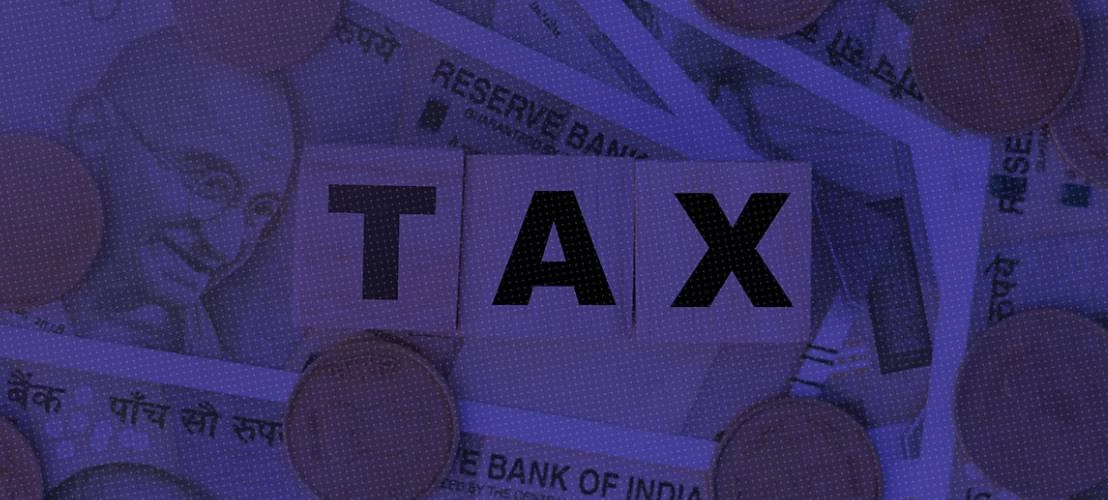The Delhi High Court has held that invisible use of trademark to divert the traffic from proprietors’ website to the advertisers’ / infringers’ website shall prima facie amount to ‘use’ of the mark under Section 29 of the Trademarks Act, 1999, which includes Section 29(6) and 29(8) related to advertising.
The Court noted that though as per Section 2(2) of the Trademarks Act, use of the mark shall be construed as use of printed or other visual representation in relation to the goods or services, but the legislature under Sections 29(6), 29(7) and 29(8) expressly departed from the ordinary construction of the expression ‘use’ under the said Act to include instances to construe ‘use’ under Section 29.
It was of the view that the invisible use of the mark can also infringe a trademark. It may however be noted that according to the Court, the fair use of trademark may not constitute infringement.
The plaintiff was aggrieved by the Ads Word program of the defendant (Google) under which an advertiser having Ads Word account could create, select, keywords based on which their advertisement showed up as a sponsored link thereby diverting the traffic from the plaintiff’s website to the advertiser. It noted that keywords were selected by the advertiser on the basis of statistical information provided by Google and that the keyword was the registered mark of the plaintiff.
Relying upon its earlier decision the Court in DRS Logistics (P) Ltd. v. Google India Pvt. Ltd. also observed that infringement is not merely visual representation of the product in bad light under the provision of Section 29(9) but can be caused by way of spoken use of the words.
The Court also observed that various Courts in different decisions had held as wrong the use of trademarks as metatags without the consent of the proprietor. Further, drawing similarities and distinctions in the working of metatags and keywords, the Court noted that in case the Ads Word program was not there, same result could have been achieved by use of metatags which had already been held as infringement.
It held that Google cannot absolve itself from the liability of ensuring that the keyword is not an infringement of trademark. The Court stated that ‘once the search engine has been made aware of a registered trademark in a certain jurisdiction, it is incumbent upon the search engine to exercise a higher duty of care to ensure protection of the goodwill attached to such trademark’.
The High Court in this regard also noted that Google restricts its investigation to Ad-text and Ad-title and not does it in respect of keywords in India, while carrying out investigations with respect to keywords also in various other jurisdictions including the European Union.







